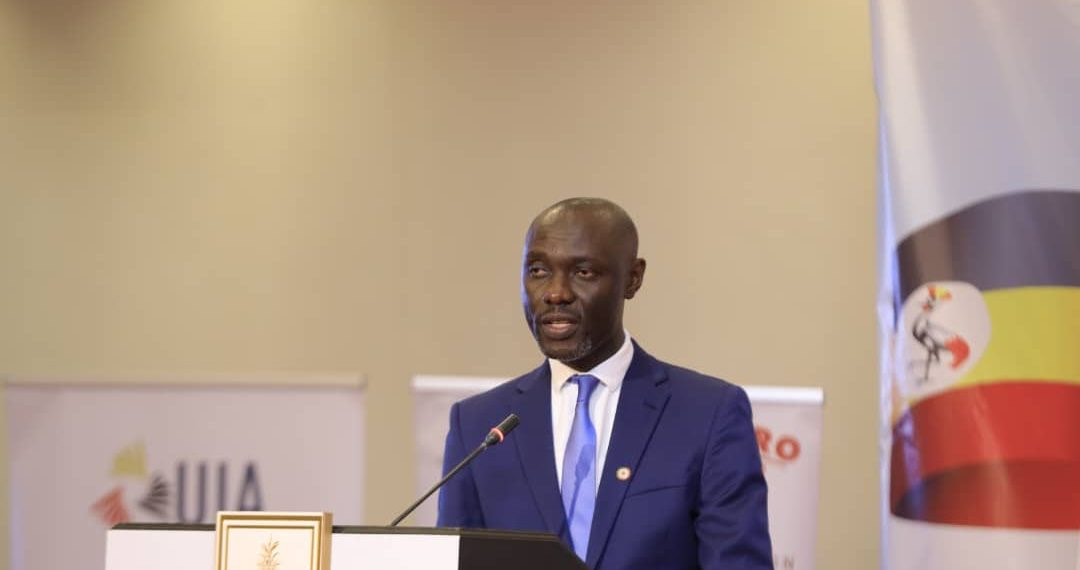By: Boy Fidel Leon
A loud and unchecked rumour recently took hold across Ugandan media and social circles. That the United Arab Emirates (UAE) had quietly rejected Ugandans from securing visas.
The claim, fuelled by social media and migrant networks, gained momentum. And it soon arrived at the doorstep of Uganda’s embassy in Abu Dhabi, requiring an official response to public outcry.
But as Ambassador Zaake Kibedi firmly clarified, no such ban exists. “The allegations of a visa ban are unfounded,” he said in a statement. “Visa applications are processed in accordance with the immigration laws and regulations of the host country, and each application is assessed on its own merit.” In other words, the panic was built not on policy but on whispers.
The reason the rumour of a ban was so believable is that it reflected real fears. These fears are about the exploitation, human trafficking, and dangerous conditions many migrant workers face in the Gulf States.
The latest BBC investigation into the abuse of Ugandan women in Dubai only deepened those fears. The report described how some young women, lured with promises of jobs, are trapped in sex work under inhumane conditions.
The suspicious deaths of women like Monic Karungi and Kayla Birungi turned whispers into painful reminders of the reality of such work outside of Uganda.
It is in this climate of distrust that misinformation finds fertile ground. A single post or headline, unchecked, can spread like wildfire amongst communities desperate for clarity.
Ambassador Kibedi was clear. Visa decisions are not made along national lines but on individual applications. Some denials may occur, but these are case-specific. He encouraged Ugandans to file complete visa applications, avoid unverified middlemen and renew or regularise visas early to escape penalties to prevent further panic.
He also warned against allowing false reports to strain Uganda-UAE relations that have grown remarkably strong over the last decade.
Behind the rumour lies a much larger truth. Uganda’s fortunes are now tied more closely than ever to the UAE. The Gulf state has not only become Uganda’s biggest export market, worth US$2.85 billion, but also a major source of investment.
The UAE is also a popular destination for Ugandans seeking work. Ugandans living and working in the UAE have quadrupled since 2018. The number had increased from 40,000 to 160,000, sending home US$350 million annually. More than 100 Ugandan businesses have taken root there, while UAE companies are heavily invested in Uganda’s economy.
A genuine visa freeze would not only inconvenience travellers. It would disrupt livelihoods, strain families, and risk derailing a vital economic partnership. That is why clarity from the embassy is vital, and why rumour control is now critical.
Still, the denial, however strong, does not erase the unease. Migrant workers live with a dual reality. They are celebrated as remittance heroes at home but vulnerable to abuse abroad.
Rumours like these will continue to spread until we strengthen our own labour export systems. We need to create safer migration channels and hold traffickers accountable. For many, they reflect lived fears more than wild speculation.
The episode also highlights a delicate truth about diplomacy in the digital age. It is no longer enough for embassies to quietly file notes with host governments. Migrant workers want visible, rapid, and transparent communication.
They need embassies that not only issue statements but also proactively engage, reassure, and advocate. Trust, after all, is a form of currency and once lost, it is harder to restore than trade figures or remittance flows.
In the end, there was no ban, only noise. Yet the rumour should not be lightly dismissed. For thousands of Ugandans in the UAE, security is fragile and dignity is not guaranteed. The embassy’s clarification may calm the waters. But the underlying storm of exploitation of workers, vulnerabilities of women, and fragility of trust remains.
The rumour has been beaten loudly, and now the real work begins. Ensuring Ugandans abroad have the protection, respect, and communication they deserve.


